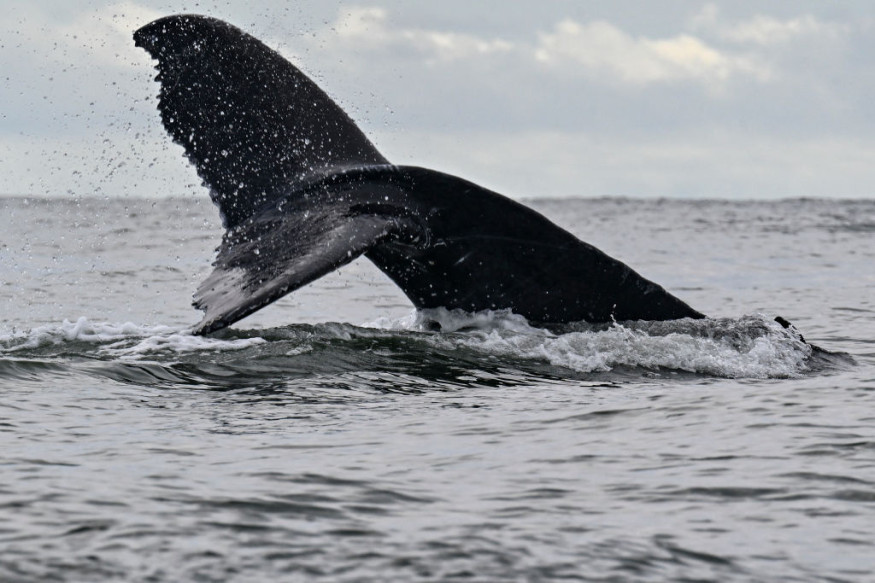
Efforts to combat climate change and restore marine ecosystems have taken an innovative turn.
The WhaleX Foundation has developed synthetic whale poop to replicate the critical ecological role of real whale feces, aiming to tackle nutrient shortages and carbon sequestration challenges in oceans worldwide.
WhaleX Tackles Ocean Nutrient Loss with Fake Feces
Historically, industrial whaling in the 20th century led to the near-extinction of large whale populations, devastating marine ecosystems and disrupting natural nutrient cycles.
According to Smithsonian Magazine, whales play a vital role in ocean health by consuming prey in the depths and defecating near the surface, releasing nutrients like nitrogen and iron that fuel phytoplankton blooms.
These microscopic plants form the base of the ocean's food chain and capture significant amounts of carbon dioxide through photosynthesis. However, with fewer whales today, the nutrient cycling and carbon-capturing capacity of the oceans have sharply declined.
To address this, WhaleX scientists, led by marine researcher Edwina Tanner, have created a nutrient-rich, synthetic version of whale feces.
The fake poop, which mimics the nutrient composition of real whale droppings, aims to stimulate phytoplankton growth in nutrient-poor regions of the ocean. Tanner calls the project a "holistic approach" to restoring ecosystems, enhancing fisheries, and reducing atmospheric carbon dioxide levels.
WhaleX Expands Synthetic Poop Trials to Boost Marine Health by 2025
In 2021, WhaleX conducted its first experiment by releasing 80 gallons of synthetic whale poop into the Tasman Sea off Australia's coast. The team observed promising results, including the potential for large-scale phytoplankton blooms.
For their next trial, set for 2025, WhaleX plans to use "biopods," specially designed containers that will hold and release the nutrient mixture after fostering phytoplankton growth for several days. This method allows the team to better measure the success of their efforts, including carbon capture rates.
The project is not without challenges. Legal restrictions, such as those under the London Convention, limit large-scale testing of such substances in international waters.
Additionally, public concerns about geoengineering and potential ecological side effects remain hurdles. Tanner acknowledges these challenges but emphasizes the importance of testing and adapting the process carefully, MSN said.
WhaleX's work complements similar efforts by other researchers, like those experimenting with nutrient-rich dust to mimic the effects of whale feces. Together, these initiatives aim to revitalize ocean "dead zones," improve fish populations, and combat climate change.
While questions remain about the long-term impacts of synthetic whale poop, many scientists agree on its potential to boost marine health. As Tanner puts it, "Nature has always been the best guide. We're just following its lead."
© 2025 NatureWorldNews.com All rights reserved. Do not reproduce without permission.





